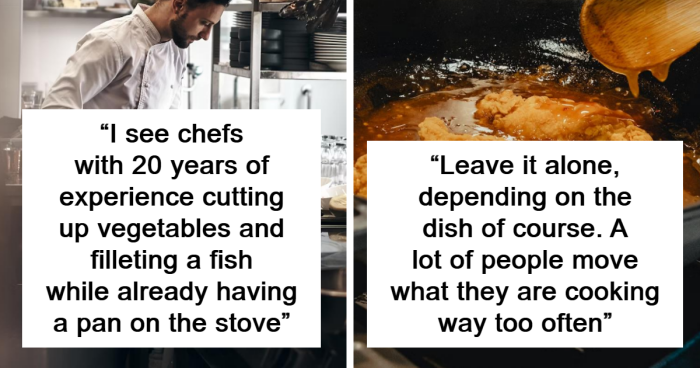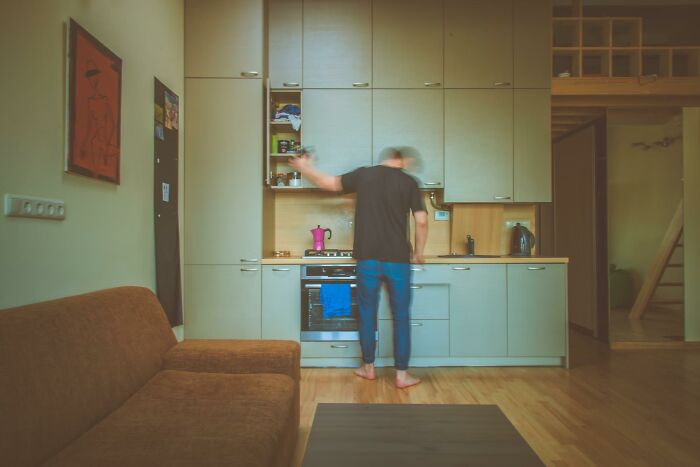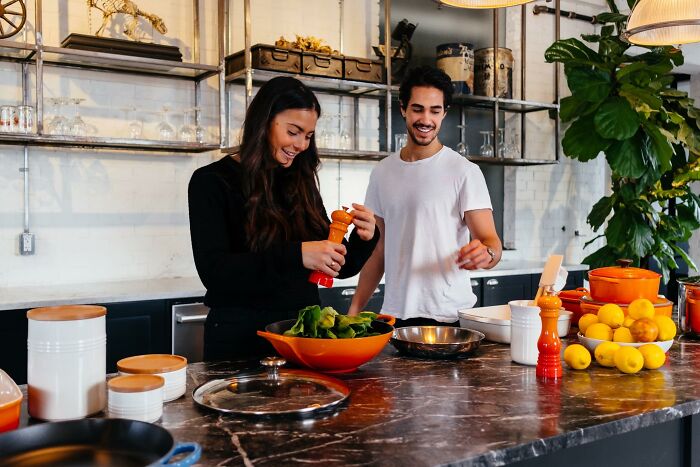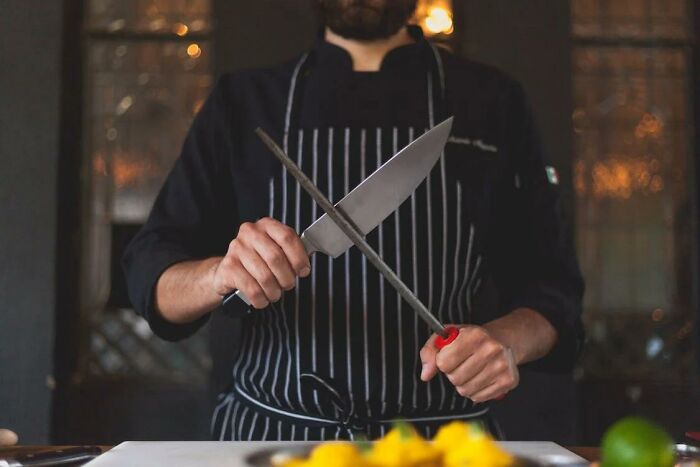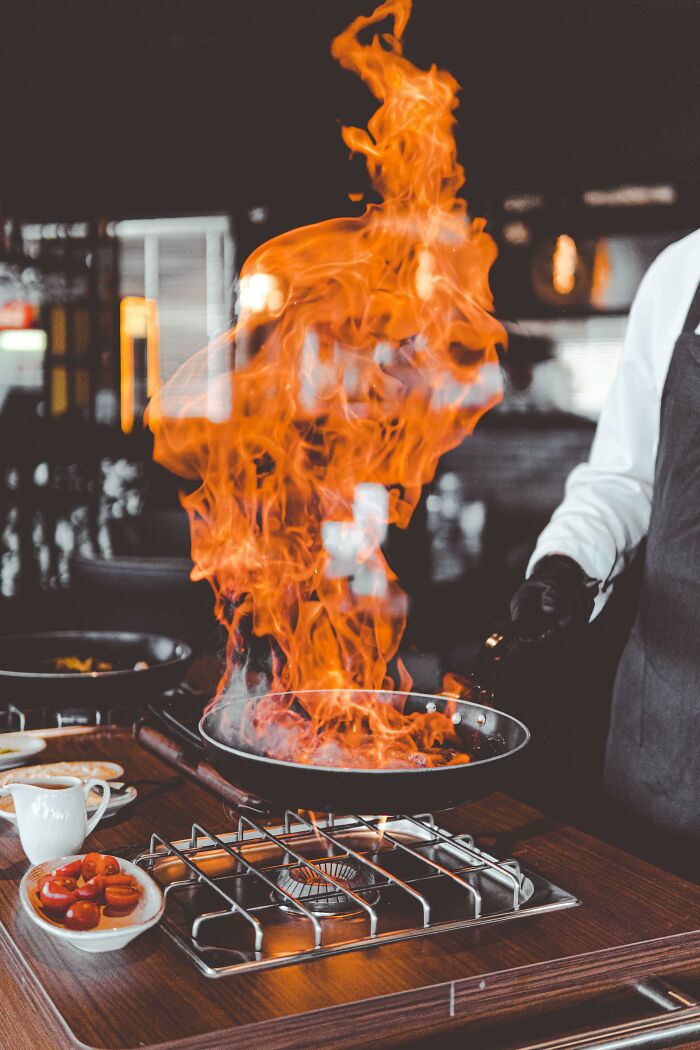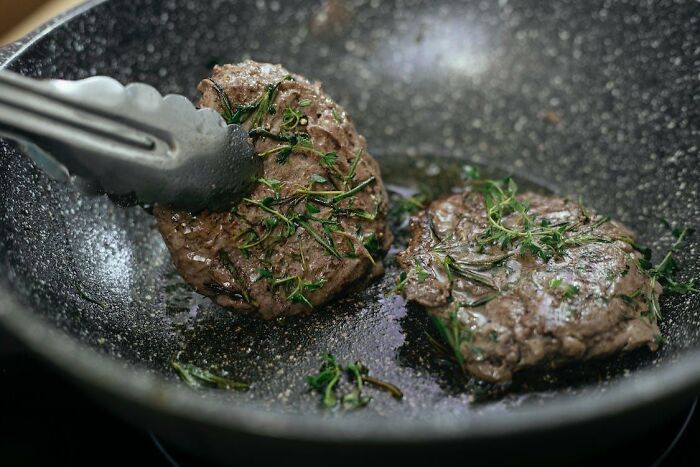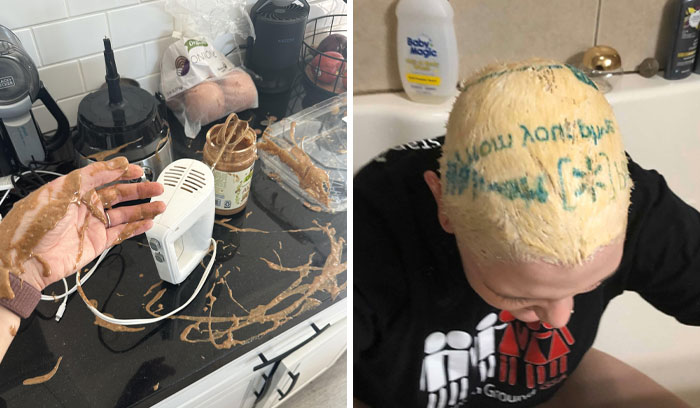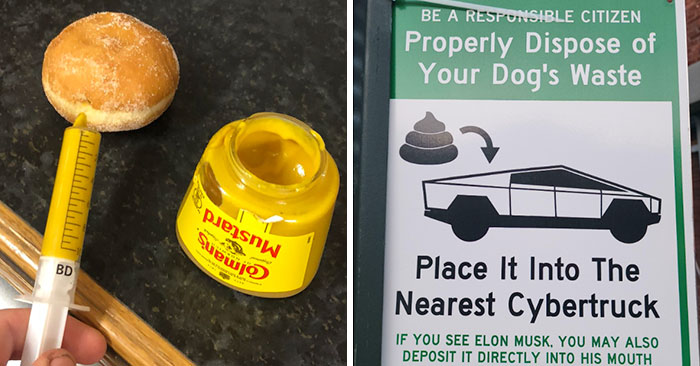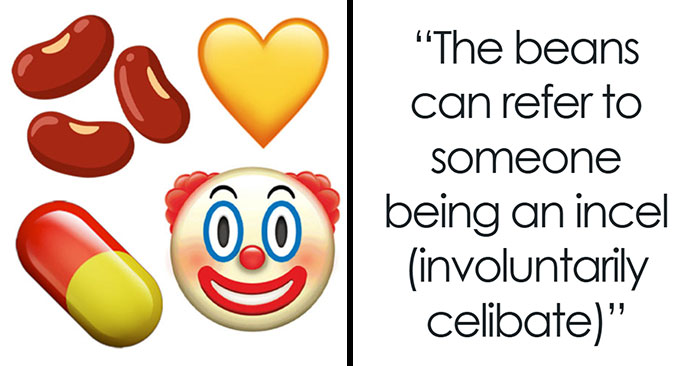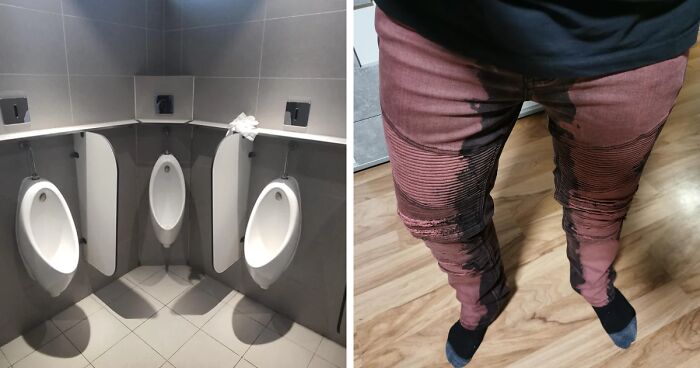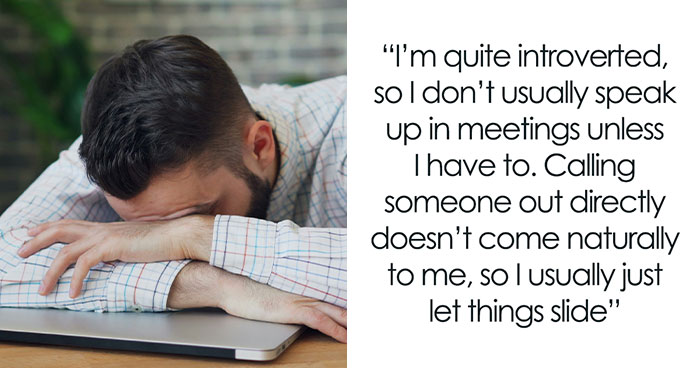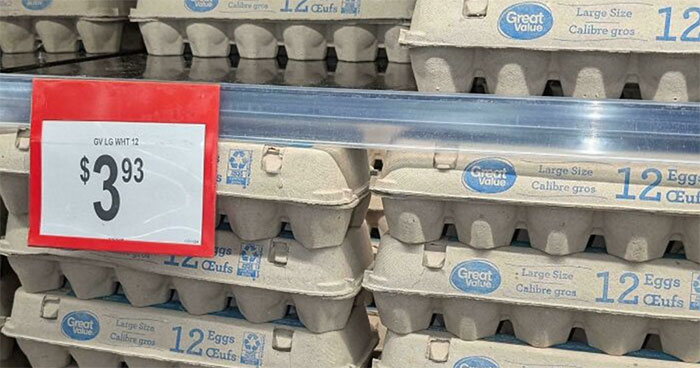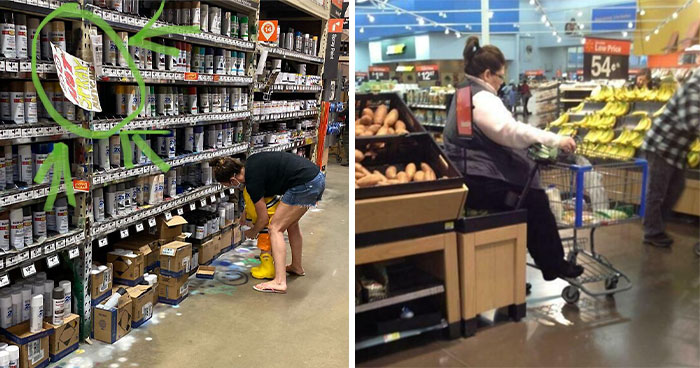Imagine that you’re a fan of cooking reality shows. You’ve watched people make the most amazing dishes, all with their signature twists on tried-and-tested recipes. Naturally, you want to follow in their footsteps. But after a few meltdowns in the kitchen, you feel like your confidence has hit rock bottom. And you’re not sure what you’re doing wrong!
The chefs from the ‘Life Pro Tips’ online community shared some of their best pieces of advice for home cooking that include brilliant ways to up your gastronomic game. Scroll down for their best insights and a reminder to never give up on doing your best in the kitchen.
Bored Panda got in touch with the author of the viral thread, u/samgarita, and they were happy to share their thoughts on cooking with us. You'll find our full interview with the OP as you read on.
This post may include affiliate links.
The author of the viral thread opened up to Bored Panda that they've always liked cooking, even as a child. "Though, my parents weren’t that artistically inclined in the kitchen and unfortunately hardly cooked. Meaning no cooking knowledge was passed down to me," u/samgarita said.
The OP told us that they're currently 33 years old and that they feel like a few years ago, before the rise of YouTube, Instagram, and TikTok food videos, cooking wasn't very popular in their age group.
"But having just graduated from college, eating out at a restaurant or ordering got pretty pricey fast, at least in the US," the redditor told us. “One day, a friend taught me the proper way to cut an onion, and that was kind of an ‘aha!’ moment for me.”
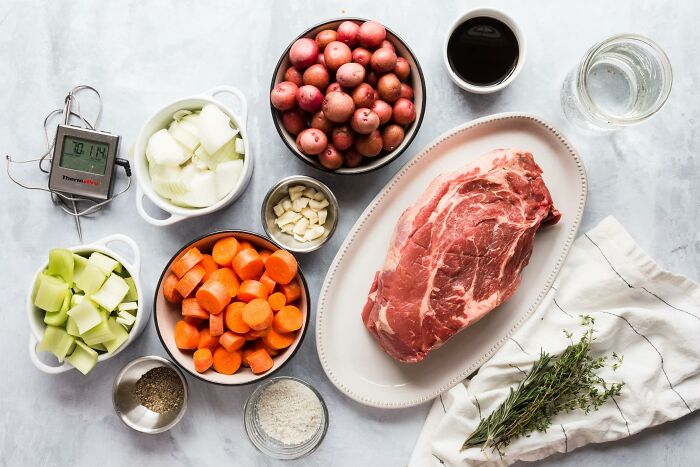 Most of cooking is prep work. So, have all the ingredients and necessary utensils handy.
Most of cooking is prep work. So, have all the ingredients and necessary utensils handy.
According to u/samgarita, it was at that moment that they realized that there is "a science and right way to do things in the kitchen." This inspired them to start watching videos on YouTube so that they could get better in the kitchen.
"Once you learn some tips and tricks, cooking becomes even more fun."
Though the OP doesn't consider themselves an expert in the kitchen, they still had a very practical piece of advice for new chefs. In their opinion, one mistake that many people make is not cleaning as they go.
"'Cooking is fun, but the cleaning after—ugh!' is probably what I hear the most," the redditor told Bored Panda. "Cleaning as you go makes a huge difference."
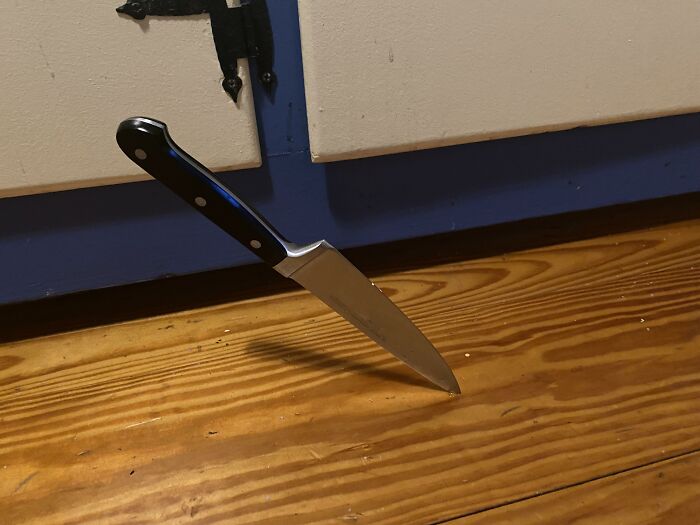 A falling knife doesn’t have a handle. Get out the way quickly and wait.
A falling knife doesn’t have a handle. Get out the way quickly and wait.
Ex - chef here.
- Make sure you have a cloth and disinfectant nearby and clean after each job.
- Have two containers or bowls behind the chopping board or just to the side for the ingredient cutoffs and general waste. At the end just dispose the contents of both bowls in the appropriate bins. This is more efficient, as you won't have to keep running around the kitchen to throw things away. Not to mention safer
- Never carry knives or hot pans around the kitchen without telling everyone in the vicinity that you are doing so. This is so no one gets hurt. Communication is key.
- Keep your knives sharp. A cut from a sharp knife is much better than one from a blunt one.
Please don't use a knife block, it's a bacterial orgy in there.
- Be mindful of the temperature of the pans, understand what hot looks like.
- Place pans on the stove with the handles facing the wall behind the stove. This is so if anyone walks by the stove the pans don't flick off and the contents spill on them.
- Weighing is your friend, especially when doing bakery or pastry.
- Be mindful of cross contamination, clean and disinfect as and when. Especially with high risk foods.
- Understand the 14 main allergens and design a plan when preparing food. When, how and where.
- WASH YOUR HANDS, TIE YOUR HAIR Back, COVER WOUNDS WITH BLUE, STERILE PLASTERS AND REMOVE WATCHES AND RINGS. This should go without saying but I have witnessed these bad habits all-too-often, and I'm still in horror of it. There are some truly grim people out there, chefs included.
Ultimately have fun, cooking shouldnt be a chore, it's exciting and wonderful. The pleasure you can attain from it is unparalleled. It's a great skill to harness and is extremely useful not to mention an attractive trait.
Another piece of wisdom that u/samgarita shared with us has to do with peeling ginger. “Last year, I was cooking with my girlfriend, who taught me how to peel ginger with a spoon so you don’t slice your fingers with a knife, and I thought, ‘Hey, let’s ask the Reddit community what they learned and [to] share their ideas,’” they said.
“I never knew it was going to blow up the way it did, but it definitely made me really happy that there’s so much passion for cooking, and I loved the ideas.”
If you want to start your home cooking ‘career’ on the right foot, you need to be willing to follow instructions. When you’re first starting out, everything can seem overwhelming. It’s best to start slow and cook a handful of incredibly simple dishes to get a feel for your tools, the ingredients, and the techniques.
What’s important here is that you follow the recipe instructions as given. At least at first! Then, when you think you’ve got a handle on things, you can start experimenting a bit. It’s often said that cooking is an art, but baking is a science. So keep that in mind and allow yourself more flexibility or attentiveness as needed.
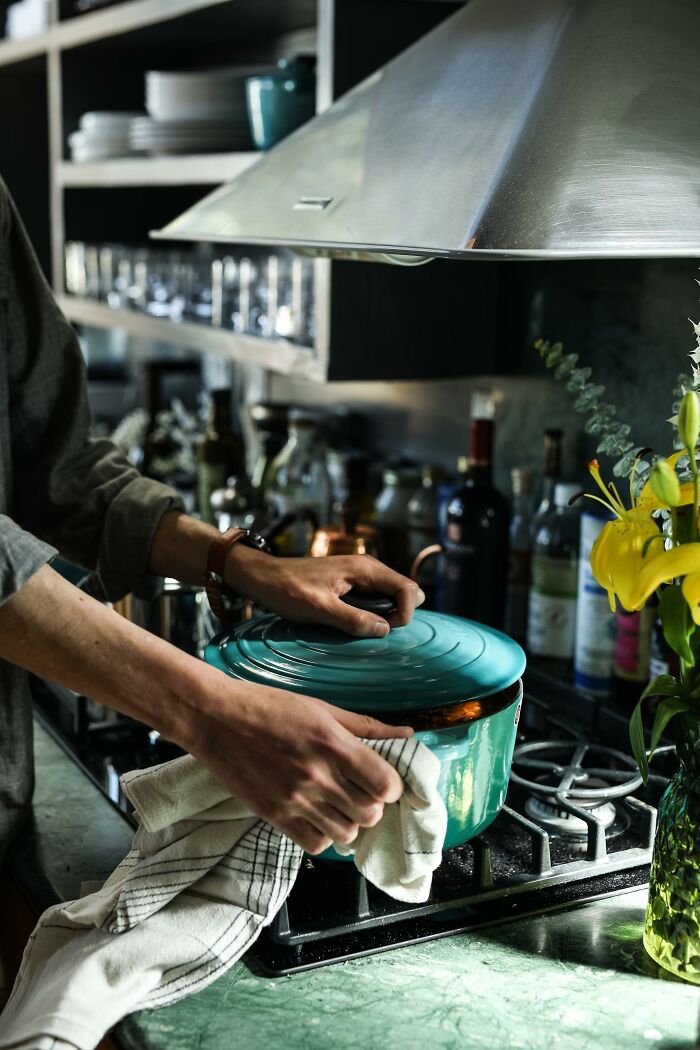 Use the APPROPRIATE amount of heat. I see too many people cook everything on high “to make sure it’s done” lol
Use the APPROPRIATE amount of heat. I see too many people cook everything on high “to make sure it’s done” lol
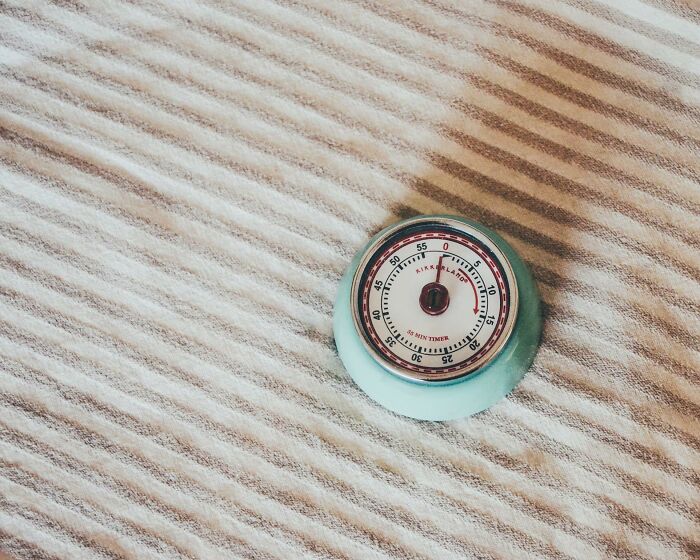 If you leave the kitchen while something is cooking because it needs time, set the egg timer. Every time.
If you leave the kitchen while something is cooking because it needs time, set the egg timer. Every time.
Cooking is as much about having the right mindset as it is about technical skills. Of course, it matters that one can wield a knife with grace and that you can juggle doing many small tasks all at once. But that sort of flow comes over time, with experience.
Before you gain all of that gastronomic wisdom and unshakable confidence, you need to prepare yourself for years of ups and downs. That means developing a growth mindset where you believe that you can develop all of your skills with enough hard work and perseverance.
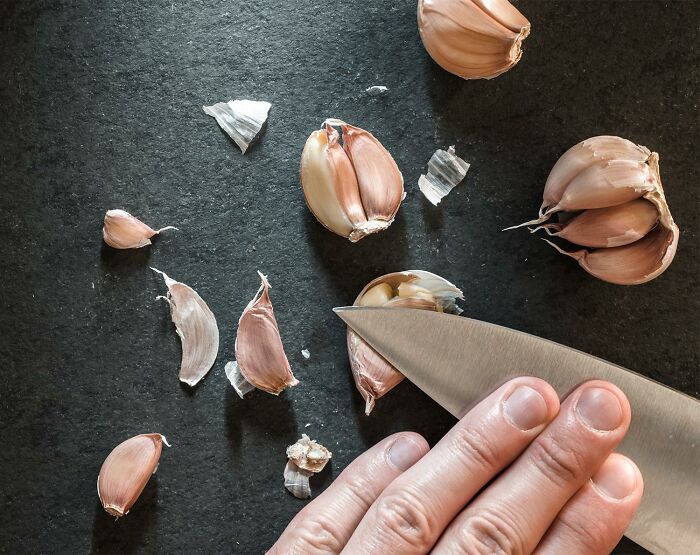 For those who use a lot of garlic, cut the “stem” end of the garlic before slightly smashing under your knife. The peel will slide right off
For those who use a lot of garlic, cut the “stem” end of the garlic before slightly smashing under your knife. The peel will slide right off
Or throw a couple cloves into a small jar, put the lid on, and shake vigorously for a few seconds. The peels will come off.
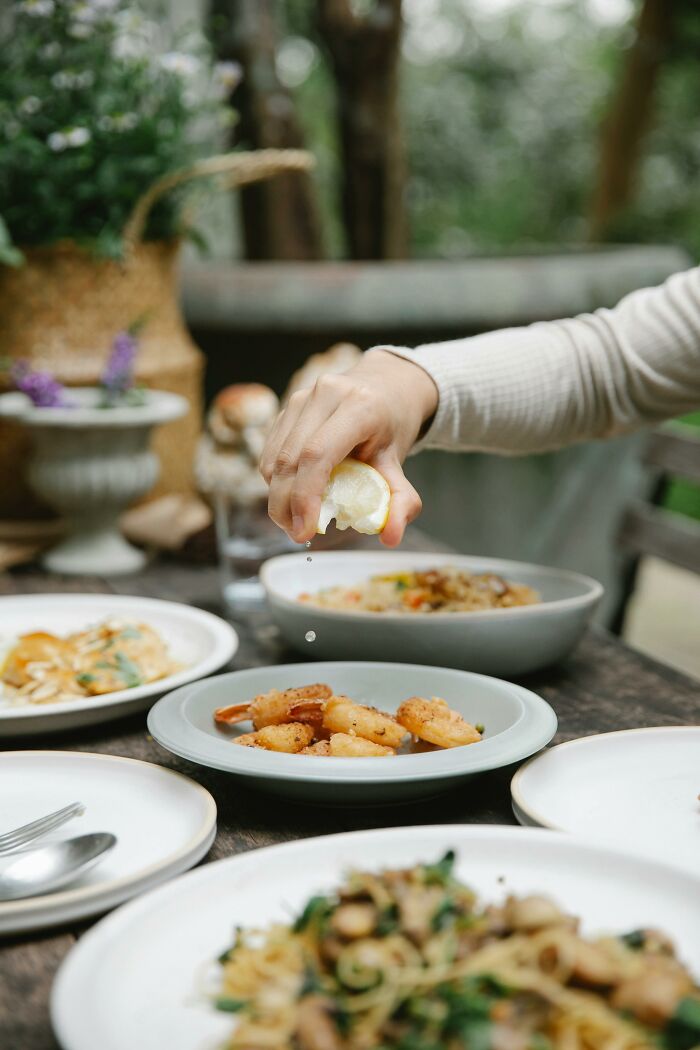 If your dish feels like it is missing something it’s probably acid. Squeeze some citrus and it will come into balance.
If your dish feels like it is missing something it’s probably acid. Squeeze some citrus and it will come into balance.
Another aspect of embracing a growth-oriented mindset in the kitchen is looking at mistakes in a different light. Mess-ups are inevitable. No matter whether you’re a veteran or a complete newbie, things won’t always go your way. Though we can do our best to prepare for any potential disasters, we won’t avoid all of them.
How you react to things not going your way, then, becomes vital. There’s a massive difference between becoming disheartened and breaking down when you burn your dinner and laughing at the fact while making a mental note to use the appropriate amount of heat next time. Failure isn’t bad. It’s an opportunity to develop our skills. We could all be kinder to ourselves and not take our mistakes so personally.
The process of cooking ground beef is usually called "browning" but so many people are "graying" their ground beef. Gray beef is bad.
Preheat the pan and toss big chunks of ground beef in. Don't break it up until you start to see the dark crusty brown. As soon as you start to see the dark brown crust, turn your big chunks until it happens again.
Don't break up the ground beef until you have a good amount of crust developed. And when you do, ideally use a sharp metal spatula [in pans that accept this only!] "crushing" the ground beef will release moisture into the pan, boiling your beef instead.
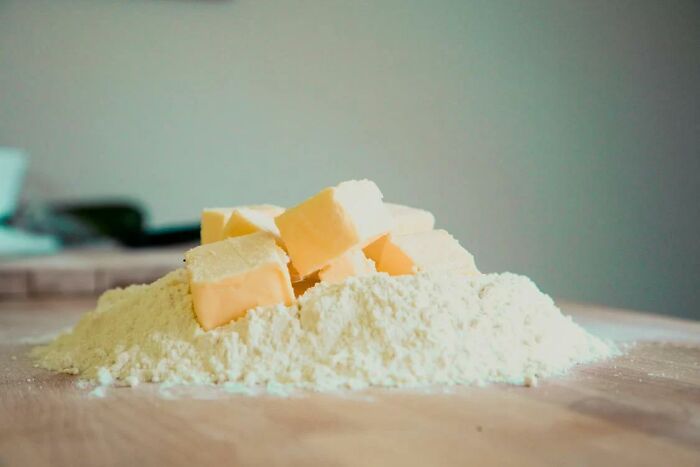 My father had a saying growing up about cooking: Eat your mistakes. A large part of cooking is finding out what you like, what things taste like when you do it wrong, and thinking about your next attempt while eating your current disaster. Taste as you go. Find out what difference it makes when you add X. And soon enough you’ll know what will happen without having to monitor every little thing.
My father had a saying growing up about cooking: Eat your mistakes. A large part of cooking is finding out what you like, what things taste like when you do it wrong, and thinking about your next attempt while eating your current disaster. Taste as you go. Find out what difference it makes when you add X. And soon enough you’ll know what will happen without having to monitor every little thing.
Other quicky tips:
• Butter is the world’s greatest food. Use it wisely.
• If you want something to taste super garlicky, add it in later on in the process. For a mellower garlic taste, add it early.
• Think about what you’re cooking for longer than the time it takes to cook it. Having a plan, mise, and all the steps lined up (in your head or written down) takes the frantic work out of it, and allows you to focus on the actual cooking.
• Have fun. It’s just food.
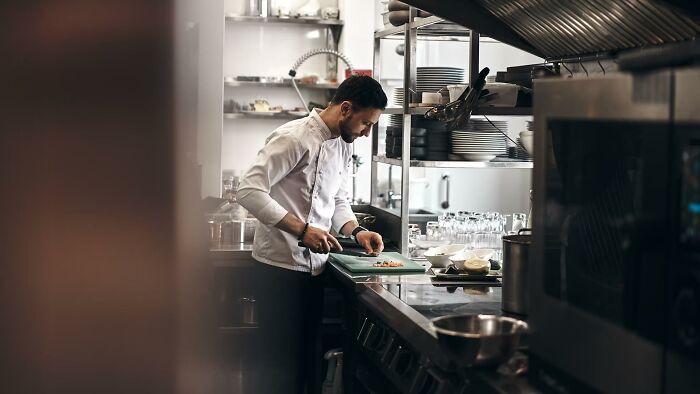 Preparing everything and having them ready to go makes cooking a whole lot easier.
Preparing everything and having them ready to go makes cooking a whole lot easier.
You see all those chefs with 20 years of experience in all those cooking shows cutting up vegetables and filleting a fish while already having a pan on the stove. Unless you're a professional chef and know how to control the heat and exactly how long everything takes to cook, don't do what they do.
Cut and slice everything beforehand. Marinate the meat. Lay everything out right next to you. Any sauces, liquids or seasonings also have them ready and within easy reach. So the moment you start cooking you can just focus on the cooking. You're less likely to panic when you don't have to worry about burning garlic because you're not done slicing the carrots yet.
Which of the tips that we’ve featured in this list did you find the most useful, dear Pandas? Were there any that you personally rely on all the time at home? What cooking advice would you give someone who’s completely new to all of this? Feel free to share your wisdom in the comments! In the meantime, for some more advice from experienced chefs, take a look through Bored Panda’s earlier post. Though, be careful—you might get fired up to become a kitchen pro after that!
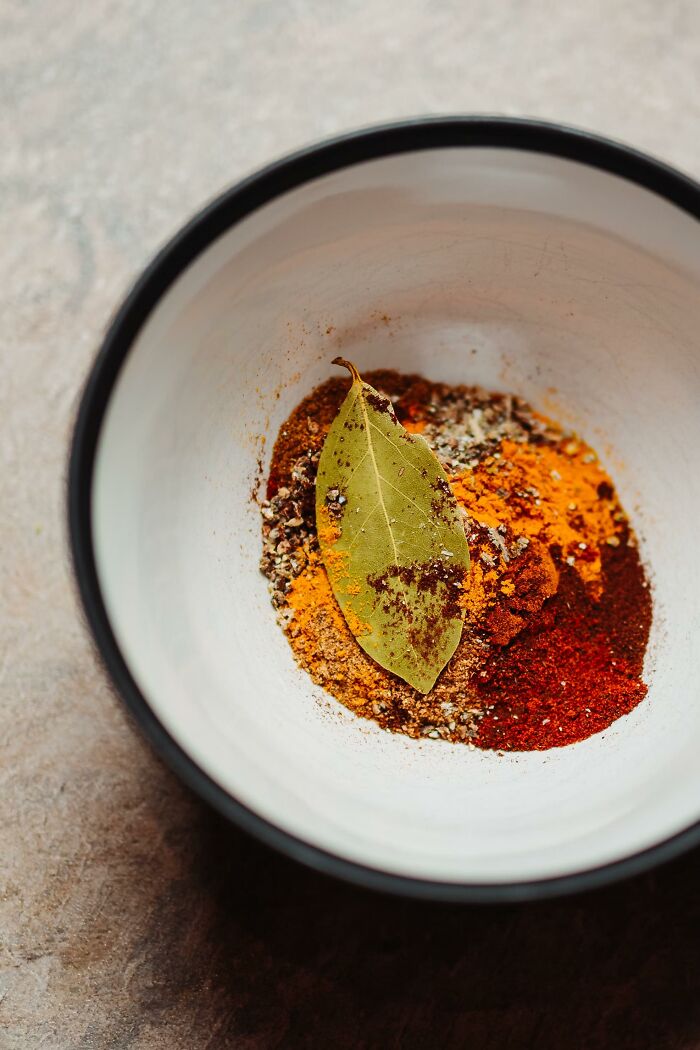 Measure spices & seasonings in advance, and if they're added at the same time - mix them all in one container. If you have the little spice jars with sprinkle lids, sprinkling over a steamy pot introduces moisture into the jar, and gums up the holes in the lid.
Measure spices & seasonings in advance, and if they're added at the same time - mix them all in one container. If you have the little spice jars with sprinkle lids, sprinkling over a steamy pot introduces moisture into the jar, and gums up the holes in the lid.
Most important for me though: Take advantage of the down time and CLEAN AS YOU GO! Nobody wants to clean the whole kitchen *after* dinner.
One more - I have a three dish towel system: one perfectly clean towel for drying rinsed knives/utensils/dishes, one clean enough to dry your hands, and one rag for wiping down countertops/cooktops or wiping out pans.
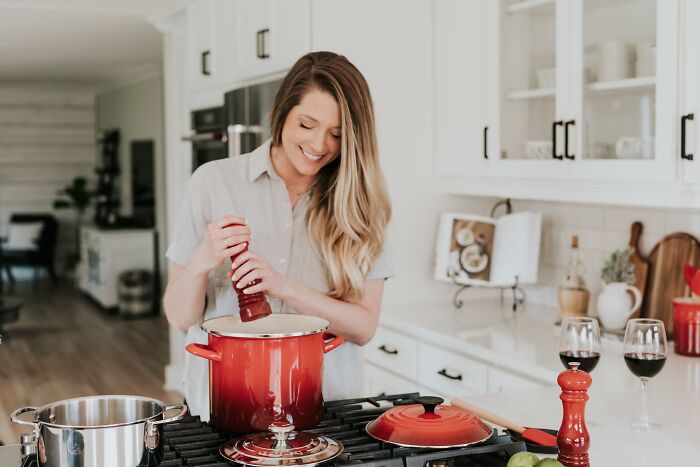 Generously salt your pasta water and don't rinse it after straining
Generously salt your pasta water and don't rinse it after straining
I would like to see a blind test of the salt part, just for funs.. and who rinses pasta for hot foods? (I can understand, and do it myself, for cold salads but only then..)
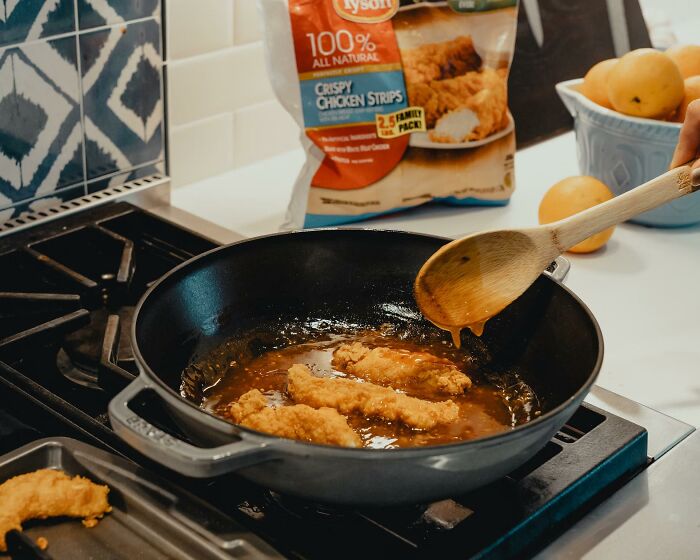 Leave it alone, depending on the dish of course. A lot of people move what they are cooking way too often. You will have a hard time getting that nice caramelization if you keep touching it.
Leave it alone, depending on the dish of course. A lot of people move what they are cooking way too often. You will have a hard time getting that nice caramelization if you keep touching it.
I shared a house with a chef and she constantly told me off for things too much.
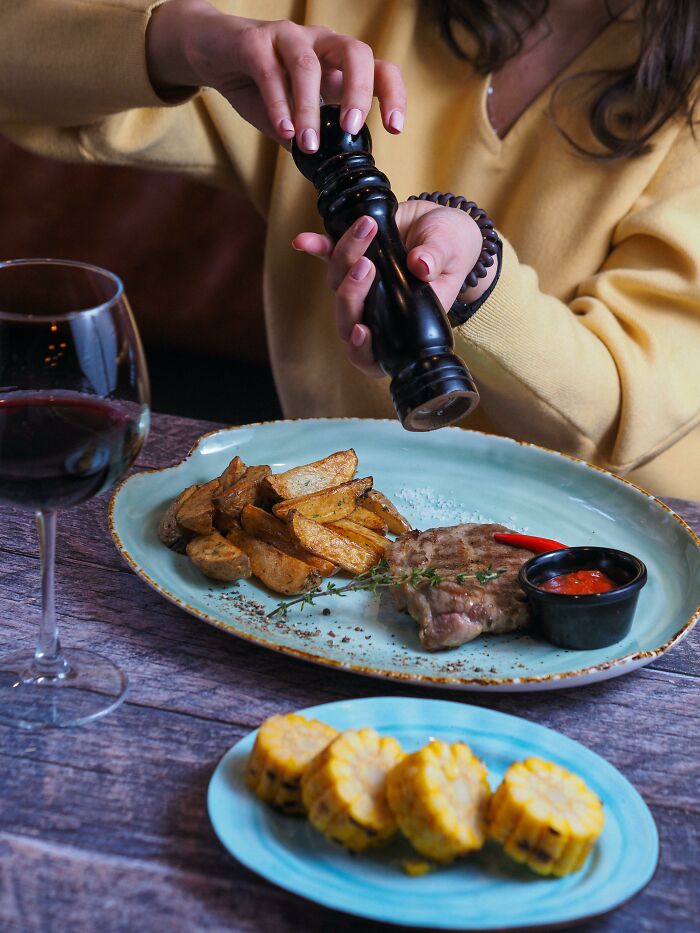 My life was changed when i bought a pepper mill. Freshly grind pepper makes the dishes so good (just don't over do it!)
My life was changed when i bought a pepper mill. Freshly grind pepper makes the dishes so good (just don't over do it!)
Also, this might not be a good tip for you, but when i lived alone i didn't had much stuff, just what i needed. This way, i made sure to always keep my utensils clean. I was not allowed to pile them dirty
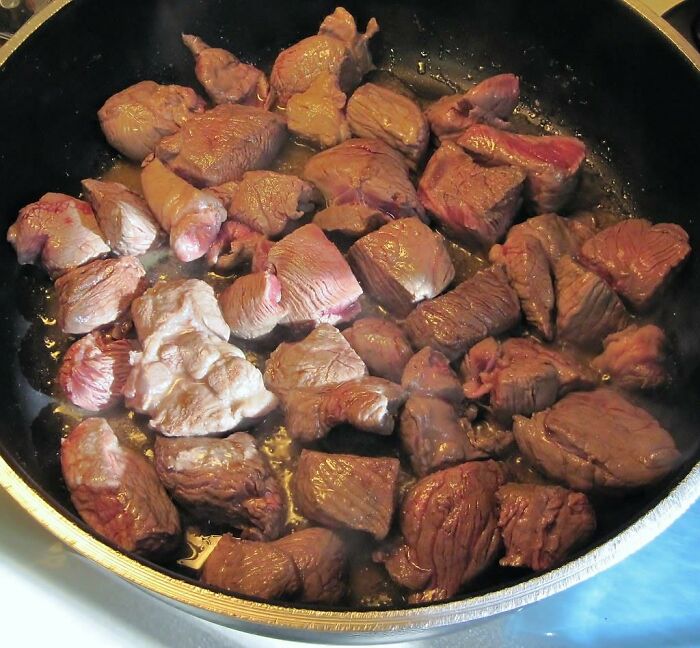 When browning meat, the little bits that get stuck to the bottom of the pan/pot are called fond and they're packed with flavor. Deglaze the pan with a liquid (water works, but something a little acidic is better, like wine or even water with some lemon or tomato paste, depending on your dish). Pour in that liquid and scrape the bottom of the pan to get the fond up and into the liquid so it can absorb back into the meat for more flavor and added moisture. Now, that's not to say that burned bits on the bottom of the pan will taste good...that should be tossed. But the little brown bits can bring a lot of flavor to the dish.
When browning meat, the little bits that get stuck to the bottom of the pan/pot are called fond and they're packed with flavor. Deglaze the pan with a liquid (water works, but something a little acidic is better, like wine or even water with some lemon or tomato paste, depending on your dish). Pour in that liquid and scrape the bottom of the pan to get the fond up and into the liquid so it can absorb back into the meat for more flavor and added moisture. Now, that's not to say that burned bits on the bottom of the pan will taste good...that should be tossed. But the little brown bits can bring a lot of flavor to the dish.
There will not be any fond in that pan that is pictured above. Waaay too much overcrowding in the pan. Do a little at a time.
Keep a “garbage bowl” with you at your prep station. I love just tossing scraps of veggies into the bowl instead of opening and closing and going to the garbage can every time I need to toss something.
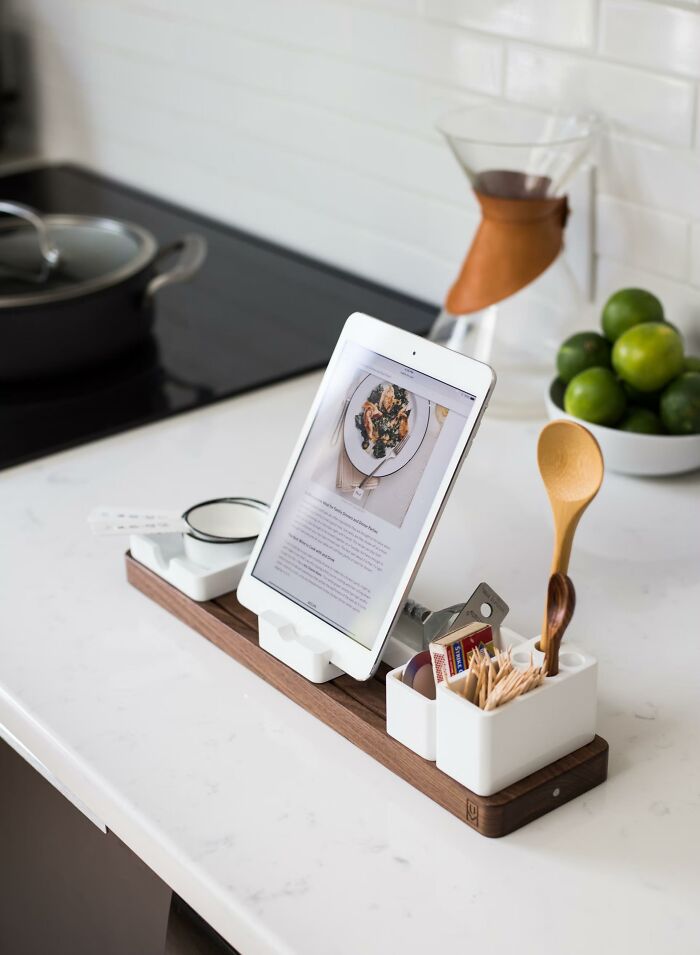 When cooking something for the first time, follow the recipe precisely. If it says add an ingredient to taste, start low and add more later. You can't unsalt a dish. When you get comfortable, you can make adjustments.
When cooking something for the first time, follow the recipe precisely. If it says add an ingredient to taste, start low and add more later. You can't unsalt a dish. When you get comfortable, you can make adjustments.
With enough cooking experience, you reach the point where you can look at a recipe and tell whether or not it'll work. "Add chopped onions and garlic to the pan." Nope. The garlic will burn long before the onions even have color.
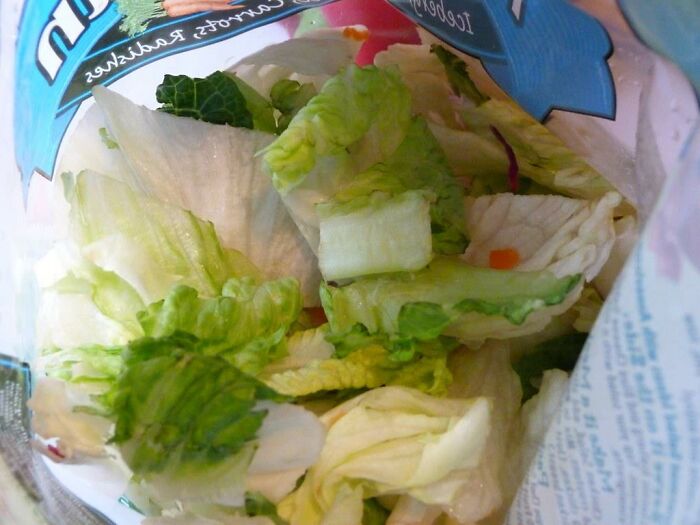 Iceberg lettuce. Store in a Ziploc style bag. Place a lightly folded paper towel in the bag and remove as much of the air before sealing.
Iceberg lettuce. Store in a Ziploc style bag. Place a lightly folded paper towel in the bag and remove as much of the air before sealing.
It'll last so much longer.
Cooking on high will not get the food done quicker it will just burn the food.
Do not buy chicken broth!!! Buy chicken bouillon and mix it with water. You’re paying extra at the store for water - that’s it.
Depends. Your US terms may not translate into UK English, but freshly made liquid stock can be much better in some things than stock cubes or bouillon powder. Some high-end UK supermarkets sell it, not sure if it's the same as what you're referring to though. We don't normally get it here in France, but there is also "Fond" (de vollaille, de boeuf...) which contains some starch as well and is a great addition in some dishes. Horses for courses really.
A good, weighted, stainless steel pan can be as useful as a cr***y nonstick. Slowly heat the pan, never start hot and make sure to add fat (cooking spray, butter, etc). Also, a good rule of thumb: salt, fat, acid and heat make nearly every dish better. If something you've cooked seems to be lacking, you may be missing one of these components.
A lot of food prep is a science—especially baking. Accurate measuring tools are essential. Get some good measuring spoons & cups, an inexpensive digital scale, a meat thermometer, a candy thermometer. I also have an inexpensive IR gun to measure surface temperature of pans and equipment. Also, check your oven’s accuracy with an oven thermometer and the old “parchment on a baking sheet” test to find hot/cold spots.
Yep, I'm a chemical engineer and we had food science as a part of our curriculum. Cooking is surprisingly technical. For example: there are just a few degrees between caramelisation and the browning of the Maillard reaction. It's why you bake cakes at low heat, so the sugar doesn't get burnt. ▪️▪️▪️Another example: phase changes matter in the kitchen. If something is boiling, it'll stay at that temperature until all water has evaporated. It's why you pat dry your food with kitchen paper before you bake it. Otherwise the liquid on the outside will boil your food, and you won't get a nice browning until all liquid has evaporated. By that time your food is probably overcooked.
Umami boosters. Veggimite, Marmite, nutritional yeast, Worcestershire sauce, fish sauce, &c. Add to savory dishes, especially sauces and soups, adds a layer of flavor the taster usually can’t place, but makes the dish 10x better.
Don't underestimate the importance of herbs and spices.
The finer you chop garlic the more garlic you'll taste in your food.
Fresh ginger is pretty much essential in Asian cuisine.
Watch YouTube videos on different ways to cut vegetables and fruits.
Cooking a dish with the top open will allow the water to evaporate from the food whereas keeping a lid on will contain the moisture in the pot. This can help you in your decision on how you want your dish.
Use dried herbs to cook with and fresh herbs to cook with and garnish for extra flavour.
Frozen ginger is fine. Either freeze the root and grate as needed, or buy a bag of lre-chopped. Unless the recipe calls for big chunks of ginger nobody is going to taste the difference.
Don't buy cheap pots, pans, utensils, etc.
Get a GOOD chef's knife.
Read (I would suggest starting with Kitchen Confidential by Anthony Bourdain) books from lists like:
escoffier.edu/blog/world-food-drink/5-books-all-chefs-sbould-read
Buy and use recipe books
Explore different styles of food than you're used to eating.
PRACTICE, PRACTICE, PRACTICE!!! (which is much easier if you love to eat as much as I do)
Lawd, these make painful reading. Most of the top ones are just repeating stuff that's been posted recently, often by people that have clearly read somebody else's "tip" and think it's clever to repeat it, often lightly twisting it and getting the reasoning wrong.
***yawn*** nothing that doesn't appear on Bored panda every week. This Panda is thoroughly bored now, thanks
Lawd, these make painful reading. Most of the top ones are just repeating stuff that's been posted recently, often by people that have clearly read somebody else's "tip" and think it's clever to repeat it, often lightly twisting it and getting the reasoning wrong.
***yawn*** nothing that doesn't appear on Bored panda every week. This Panda is thoroughly bored now, thanks

 Dark Mode
Dark Mode 

 No fees, cancel anytime
No fees, cancel anytime 



